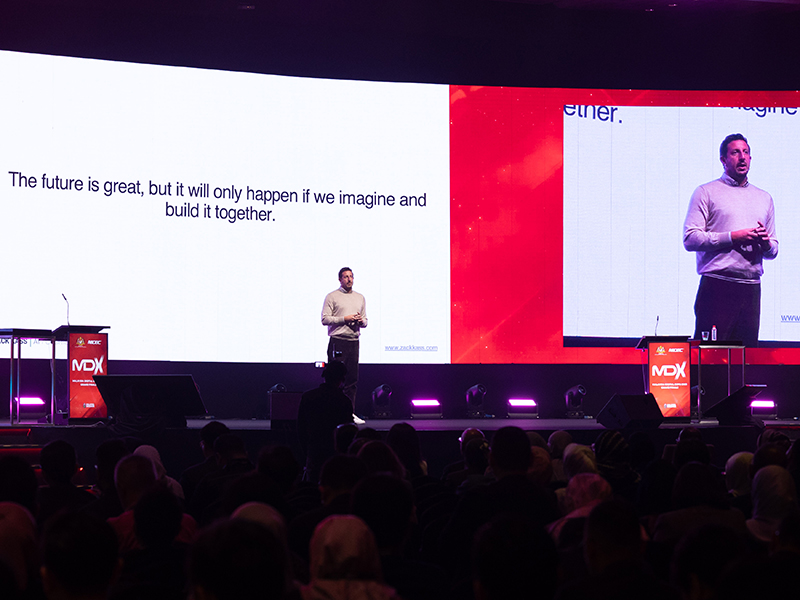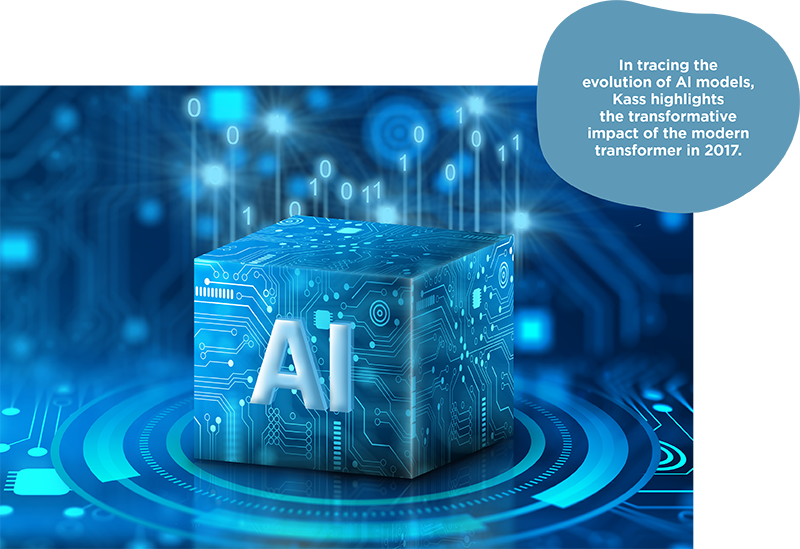

AI as a utility: A core infrastructure
Looking ahead, Kass envisions a fundamental shift in the role of AI, foreseeing it as a utility comparable to the internet or the power grid. "I think it's going to become a layer of infrastructure that lives at the core of society," he said. This perspective positions AI not merely as a technological tool but as an integral part of the societal fabric, influencing various aspects of human existence.
The landscape is undeniably shifting, as the rising accessibility and affordability of AI models metamorphose them into a pervasive force. Yet, amid the anticipation of the boundless benefits, a critical juncture emerges where we must consciously acknowledge the challenges entwined with this transformative journey.
